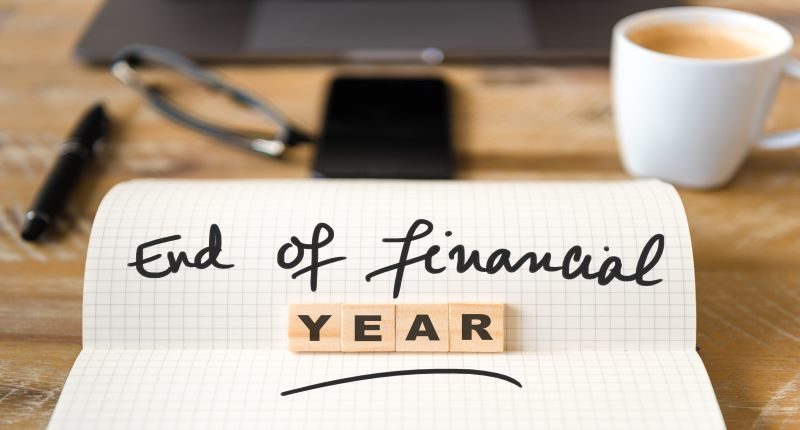- Understand your equity position
- Review market rents
- Proactive maintenance program
With the end of another financial year now here, I always recommend that investors make the time to take stock of their investment portfolio.
This year, of course, we have changing market conditions as well as monetary policy, with rates moving away from the emergency lows that were required during the pandemic.
This means that investors need to review their cash flow and make any necessary adjustments to factor in higher interest rates.
As a qualified chartered accountant, I also use this time of year to assess and stress-test my investment portfolio, so I am ready for the year ahead, including the following three considerations.
1. Equity position
With the strong price growth that has been recorded over the past financial year, it is vital that investors understand their actual equity position.
Double digit price increases in most markets means that existing investors and homeowners have experienced a significant uptick in the value of their properties.
Increased equity positions, potentially of hundreds of thousands of dollars, means property owners are well placed to take advantage of the softer market conditions to upgrade or add to their property investment portfolios.
With higher property prices, it is also important to ensure that your property insurances are in-line with their current market values as well.
2. Market rents
As is common knowledge now, rental markets around the nation are significantly undersupplied.
In fact, according to SQM Research, the national vacancy rate hit just one per cent in May – a 16-year record low.
Such an undersupply of rental properties has caused asking rents to soar with Sydney combined rents up 17.5 per cent just over the past 12 months. Brisbane has also increased by 18.6 per cent for the same period and Melbourne is up by 14.8 per cent.
These strong increases means that investors must determine whether their property rents are in-line with the market, which is even more important in times of rising interest rates.
While good long-term tenants should always be seen as valuable, if your rents fall too far behind the market, it will be very difficult to remedy the situation.
3. Proactive maintenance program
All investors should keep up-to-date with maintenance and repairs to protect their assets but also to ensure they are providing a safe and secure property for their tenants.
It is also a good idea to forward plan any proactive maintenance that might be required and factor in timeframes such as the end of leases for these to be undertaken.
Investors should also check annually on the condition of appliances such as air conditioners and heat pumps, as well as hot water cylinders, and undertake any necessary maintenance or repairs to ensure these remain in good working order.
Developing a proactive repairs and maintenance program will ensure that your asset continues to be in superior condition, which will attract, and keep, long-term tenants and enable you to achieve better cash flow from your investment property as well.








